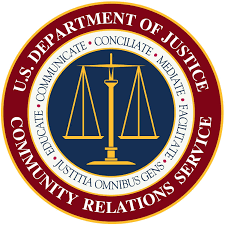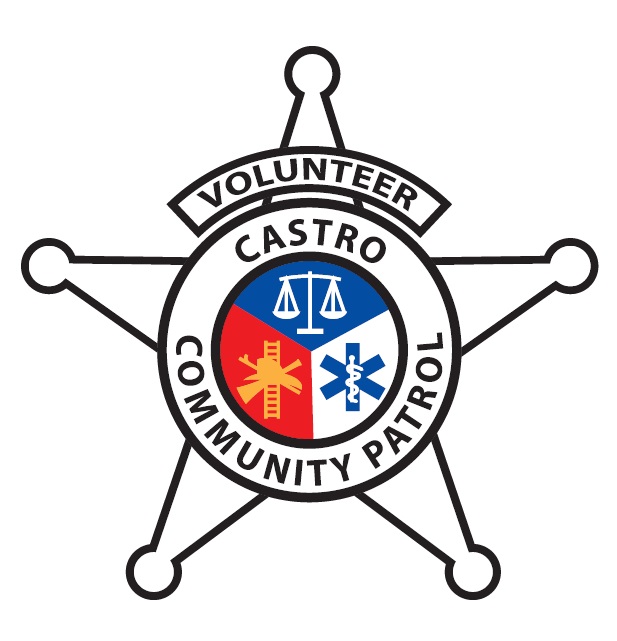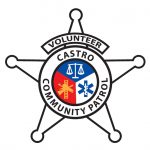U.S. Department of Justice – Community Relations Servce
The U.S. Department of Justice – Community Relations Service (CRS) serves as “America’s Peacemaker” for communities facing conflict based on actual or perceived race, color, national origin, gender, gender identity, sexual orientation, religion, or disability. CRS works toward its mission by providing facilitated dialogue, mediation, training, and consultation to assist these communities to come together, develop solutions to the conflict, and enhance their capacity to independently prevent and resolve future conflict.
All CRS services are confidential and provided on a voluntary basis, free of charge to the communities. CRS is not an investigatory or prosecutorial agency and does not have any law enforcement authority. CRS works with all parties to develop solutions to conflict and serves as a neutral party.
CRS History
Title X of the Civil Rights Act of 1964 authorized CRS to assist communities facing disputes, disagreements, or difficulties relating to allegations of discriminatory practices based on race, color, or national origin. CRS’s mandate expanded in 2009 under the Matthew Shepard and James Byrd, Jr., Hate Crimes Prevention Act to include working with communities to prevent and respond to alleged hate crimes based on actual or perceived race, color, national origin, gender, gender identity, sexual orientation, religion, or disability. With its unique mission, CRS is the only federal agency dedicated to assisting state and local governments, private and public organizations, law enforcement agencies, tribal communities, and community groups to resolve conflicts based on these aspects of identity.
CRS has a long history of serving as “America’s Peacemaker.” View our interactive timeline of highlights from CRS’s work serving as America’s Peacemaker over the years.
Programs and Services
CRS provides facilitation, mediation, training, and consultation services that improve communities’ abilities to problem solve and build capacity to prevent and respond to conflict, tension, and hate crimes based on race, color, national origin, gender, gender identity, sexual orientation, religion, and disability. CRS provides programs designed to strengthen community and law enforcement partnerships, as well as school-based programs that improve problem solving between students. The goals of all CRS programs are to help parties in conflict learn about different perspectives, share information about resources and best practices, and support communities as they identify and implement solutions. While some CRS programs may be designed for a particular audience, most programs can be tailored to a specific audience or setting.
CRS convenes parties in dialogue to identify issues and develop solutions by opening lines of communication, identifying common concerns, and increasing collaboration.
CRS serves as a neutral third-party mediator to facilitate problem-solving discussions and assist in developing documented agreements between parties in conflict.
CRS provides a wide variety of training programs that increase understanding and improve collaboration to resolve disputes and prevent future conflict.
CRS helps educate and identify resources for communities by providing technical assistance, best practices, advice, insight, and referrals that improve communities’ ability to address underlying issues.
CRS has a Headquarters office in Washington, D.C., along with field offices that support work within their region. The field offices are strategically located throughout the country to maximize the availability of CRS’s services, meet the unique needs of the communities they serve, and enable staff to deploy to communities quickly in times of crisis.




